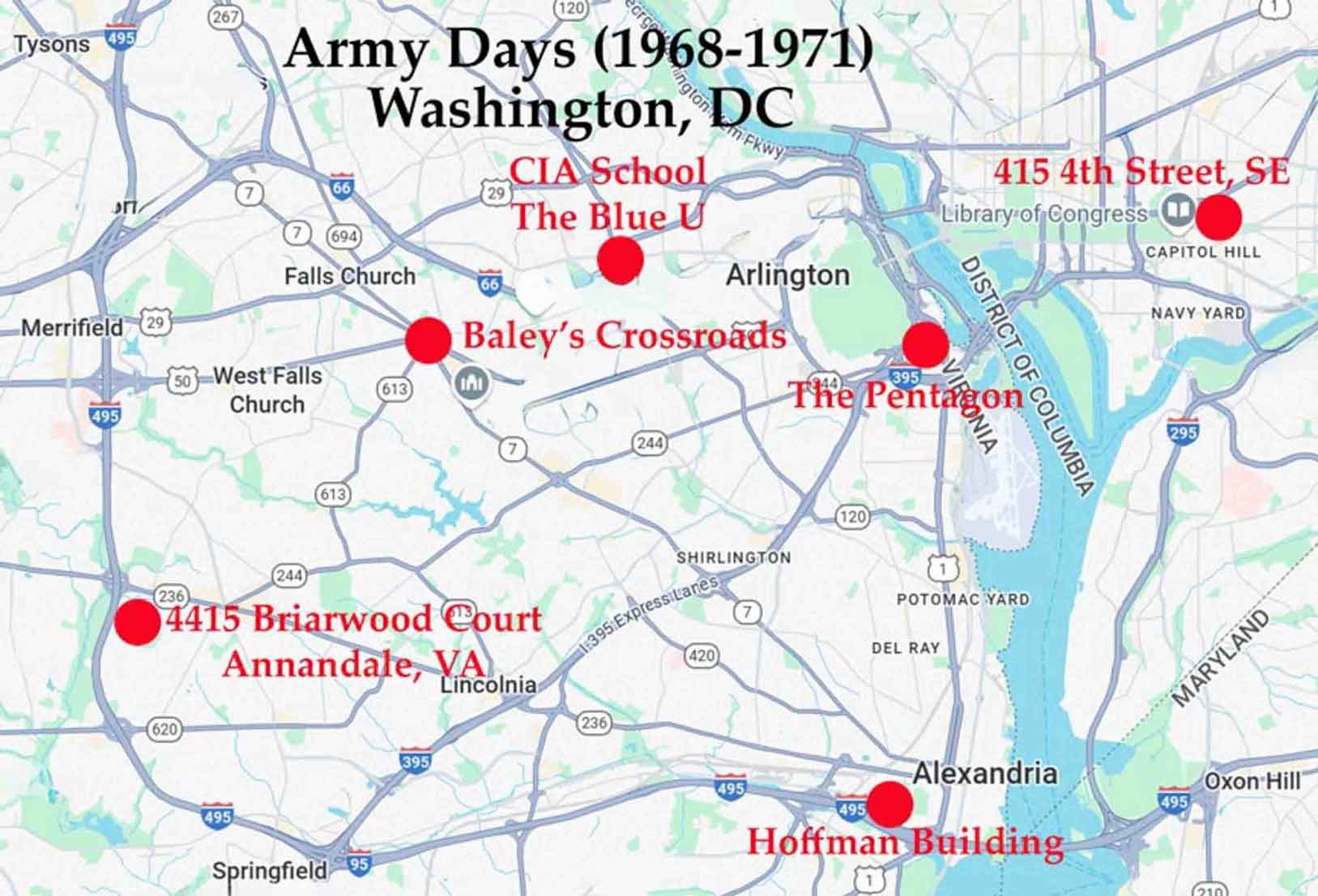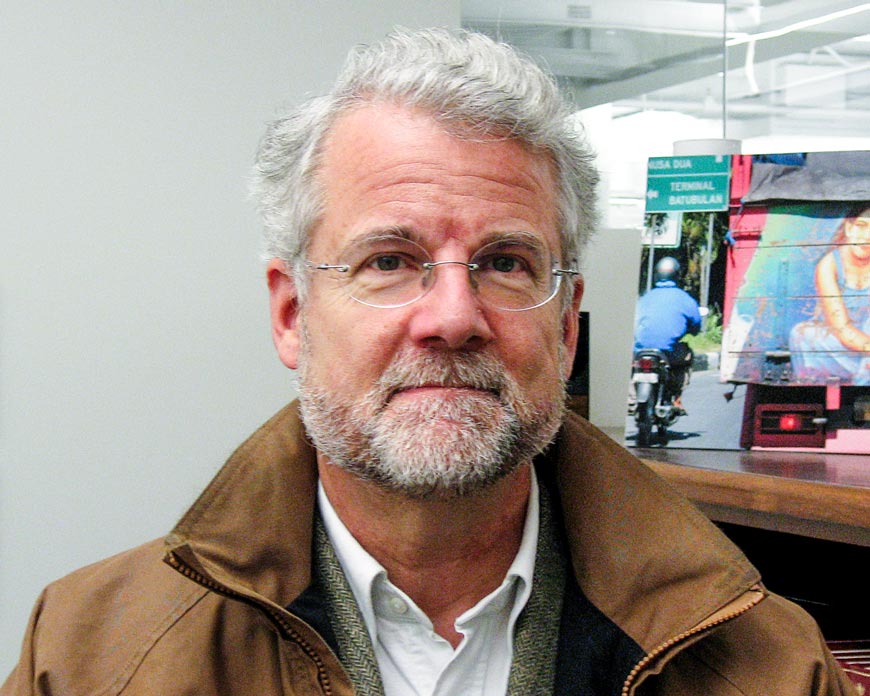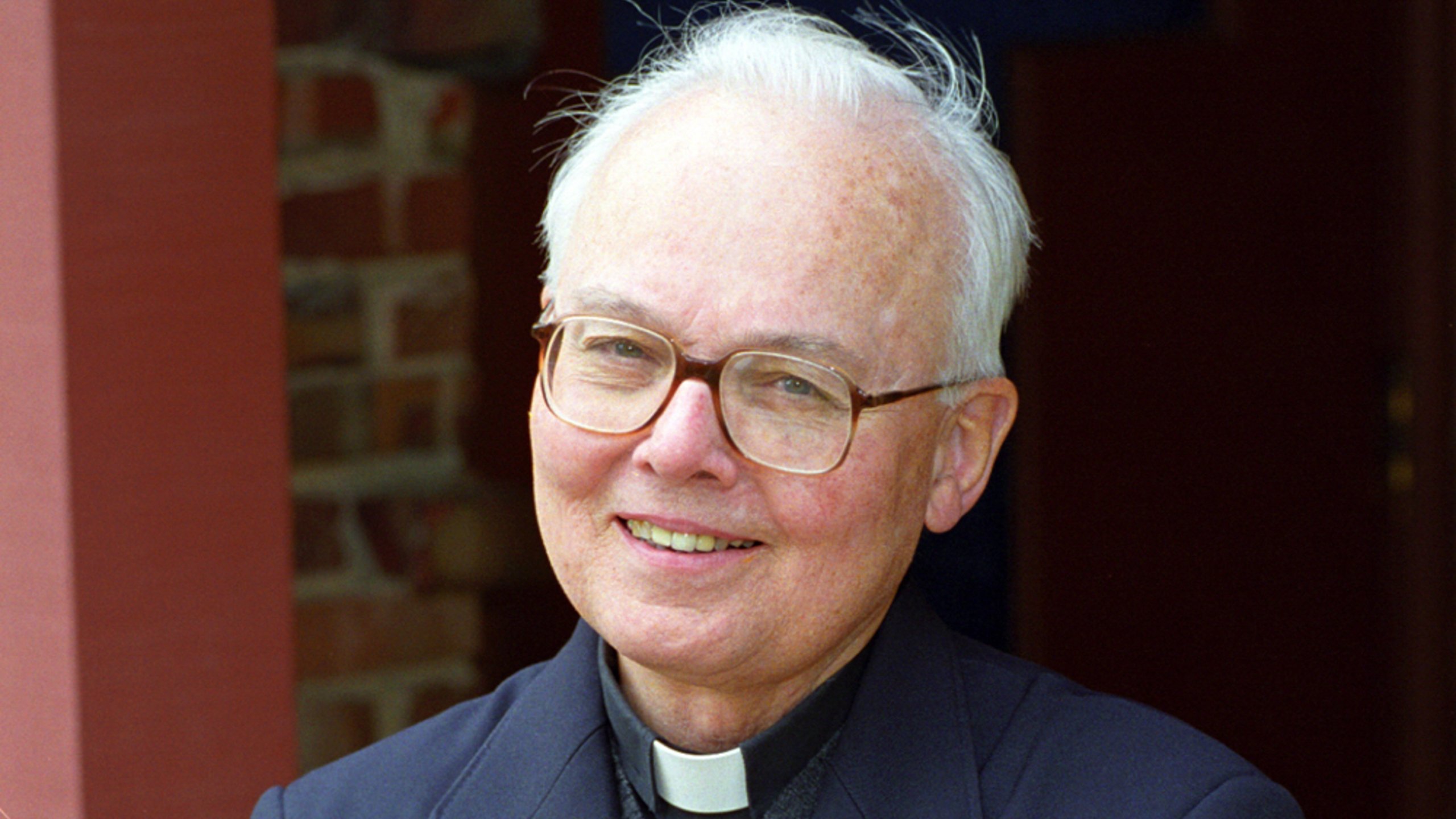The Low Density University and Lessons from Britannica for the Digital Age
Editor’s Note: Following publication of my exchange in Inside Higher Ed with Joshua Kim, Dartmouth College’s Director of Online Programs, on the challenges facing higher education today, I thought we both might be interested in a more in depth follow up. This conversation of ours also focused on how the hits and misses of Encyclopaedia Britannica’s technology-driven shift from print to the internet might offer lessons for how institutions of higher education deal with today’s technology advances and cost pressures.
Josh and I began by reviewing the years at the turn of the 21st Century when we overlapped working for Encyclopaedia Britannica. This was a unique period for EB as in 1996 it had undergone a change in its ownership and shortly thereafter the disbanding of its large direct sales salesforce. While it was still selling the 15th Edition of its Encyclopaedia Britannica print set, it was already firmly set on its digital future with both CD-ROM and internet offerings. Josh explained that with a graduate degree in sociology from Brown University, he had developed a budding business called Lectures Online. As EB’s Executive Vice President and General Counsel, I worked with Josh as EB purchased his business with a view of expanding Britannica’s internet offerings in higher education.
The dot-com crash of 2001 ended Josh’s career with EB, just as it also ended the initial public offering of Britannica.com’s stock to the public. Josh explains how his Britannica engagement and earlier effort designing online educational products led to similar work with Quinnipiac University and his current role as Dartmouth College’s Director of Online Programs.
Our subsequent exchanges related Josh’s interest in divining what EB got right and what it got wrong as it dealt with the turmoil in its business brought about by the emergence and growth of the internet. My own interest lay in exploring with Josh what long term impact, if any, the emergency, remote learning of the COVID lockdown at colleges and universities might have on the health and sustainability of at least some of the higher education complex. My worry is that the growth in recent decades of the relative size of the college and university administrative apparatus threatens elements in the weaker tiers of these institutions.









